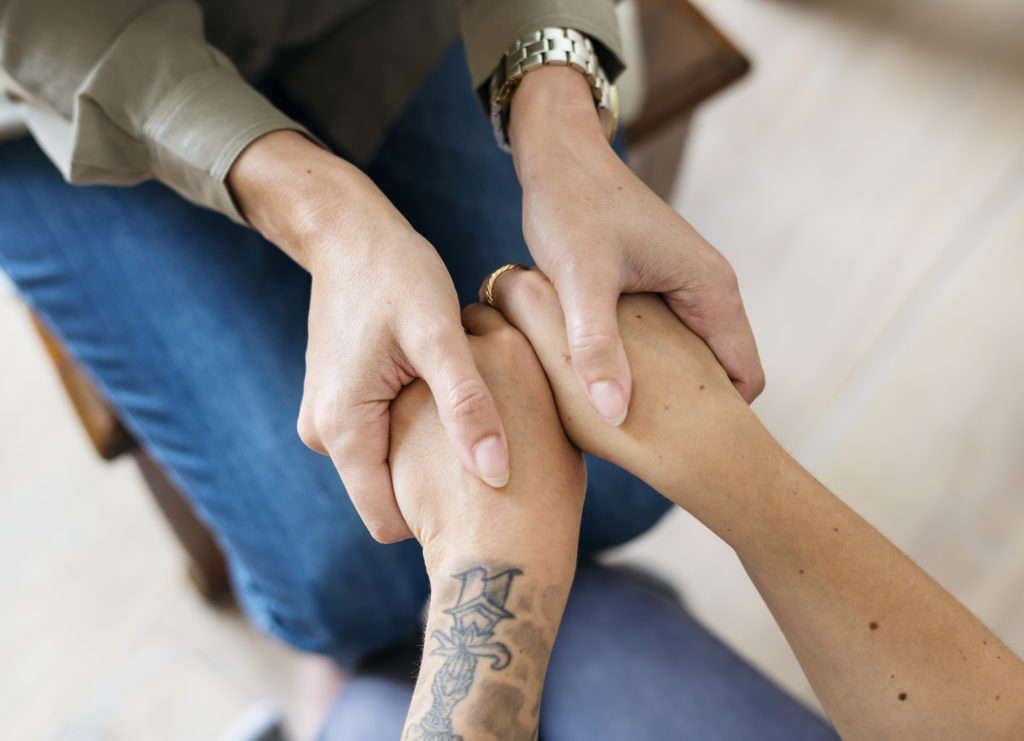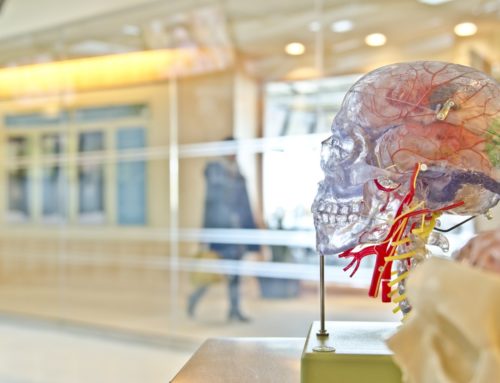One of the most difficult things to do is to talk to a friend or loved one when you suspect they have an eating disorder. It can be helpful to learn about eating disorders. The National Association of Eating Disorders www.nationaleatingdisorders.org has a wealth of information and videos about eating disorders.

In general eating disorders are a serious disturbances in eating behaviors, such as extreme and unhealthy reduction of food intake or severe overeating, as well as feelings of extreme concern about body shape or weight.
Disorders of eating are complex biopsychosocial illnesses that have serious emotional and physical consequences.
As a loved one or a friend you desperately want to help your friend/family member, but often anything we say can be met with anger, frustration, denial, or avoidance. It is hard to believe a loved one or friend is capable of hurting himself/herself by means of an eating disorder. If your loved one or friend displays signs and symptoms of an eating disorder it is important that hey seek help immediately. Early intervention greatly increases the likelihood of recovery.
It is also important that you, the family and friends of someone going through an eating disorder, get help and/or support for yourselves. Please consider attending family therapy and/or a family and friends support group or talking with a specialist in eating disorders. It is crucial that you maintain your physical and emotional health so you can help your loved one when they need you
In talking with your friend and or loved one the most important thing to convey is your concern. The Alliance for Eating Disorder Awareness has recommended the following:
DO
- Learn about eating disorders
- Find an appropriate time and place to talk to the individual in private
- Communicate your concerns using “I” statements
- Stress the importance of professional and specialized help
- Take care of your own mental, physical, and emotional health
- Validate your loved one’s feelings, struggles, and accomplishments and express your support
DON’T
- Don’t be scared
- Don’t engage in a power struggle
- Don’t attempt to solve or “fix” his/her problems
- Don’t comment on calorie/food intake, weight, appearance, etc.
- Don’t expect recovery to be perfect
- Don’t blame yourself or your loved ones
- Don’t promise to keep it a secret
Please remember that the staff at the Alma Center is always available to answer your questions.



